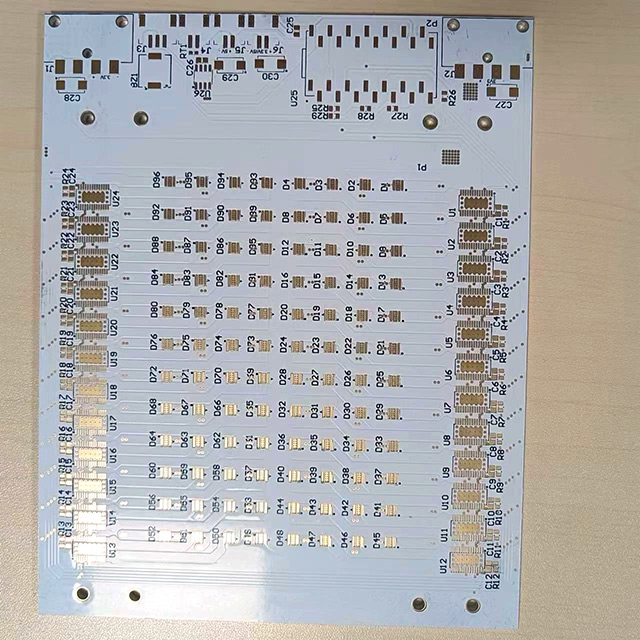for reference, we ask for 10% initial deposit, 50% invoiced 21 days in advance of the installation, payable before 7 days of the installation, then 40% due upon completion of the work and receipt of the MCS certificate and paperwork.Re the other posts. Thank you.It does sound like my chap is working within the rules, he's asked for 15% on ordering, 35% 2 weeks prior to install, rest on completion. But I thought that a bit high and yes I dont think its building trust in the industry
The reasons for this are twofold
1 - This massively reduces our risk level as a company, as it prevents us ending up in a situation where a customer has the full installation, and ends up dragging out payment for months, or deciding to cancel the installation after we've bought the equipment. This in turn allows us to reduce the profit margins that would otherwise be needed to cover that level of increased risk, and pass those savings on to our customers. To put this another way, why on earth would any customer that we've had no previous dealings with think that we should be installing £6,000 worth of equipment on their house without any up front payment - you'd not expect to be able to have £6,000 worth of shopping delivered from tesco on account (unless you'd built up a long trading history with them / were paying high interest rates on that credit), so why would you expect a solar company to instantly grant you that level of credit facility?
2 - Yes, it is to do with cash flow. In a busy month we can turnover £250,000 of stock, in a quiet month maybe just £30k. Any business that has £200k lying around in the bank to cover their busy months is doing something wrong in my opinion, that's dead money. If they don't, and they don't take deposits, then their ability to cover the costs of your equipment in the busy months could well rely on the speed with which other customers make their payments. Get 2-3 customers in a row paying by cheque, and they could well struggle to actually pay for your kit on time if their credit limit at the supply is maxed out. We don't have that problem, even though the 60% doesn't actually even cover the costs of the kit, 60% from every customer gives us a sufficient financial buffer to mean that we can always pay for the kit on time, and at busy periods can order in the kit weeks in advance to ensure that our customers don't end up losing out when the suppliers run out of panels.
In the november 2011 rush period we were able to place orders for around £350k of stock inside the first 14 days of the announcement, including probably £200k inside a 2-3 day period, which covered us for a massive ramp up in orders for that 6 week period purely on the basis that we were taking deposits from customers as soon as we were allowed under the REAL rules. There's a hell of a lot of companies out there who had to let a lot of customers down in that period because they simply couldn't get the stock because they hadn't taken deposits and didn't have the cash or credit available to buy the stock early enough - we didn't let a single customer down.
So no, I don't see it as being a sign of anything other than a sensible policy to absolutely minimise the potential for anything to go wrong with the ordering process in advance of any installations.
I hope this gives you a bit of an insight into the likely rationale behind the company wanting to take that level of up front deposit.
Last edited:










